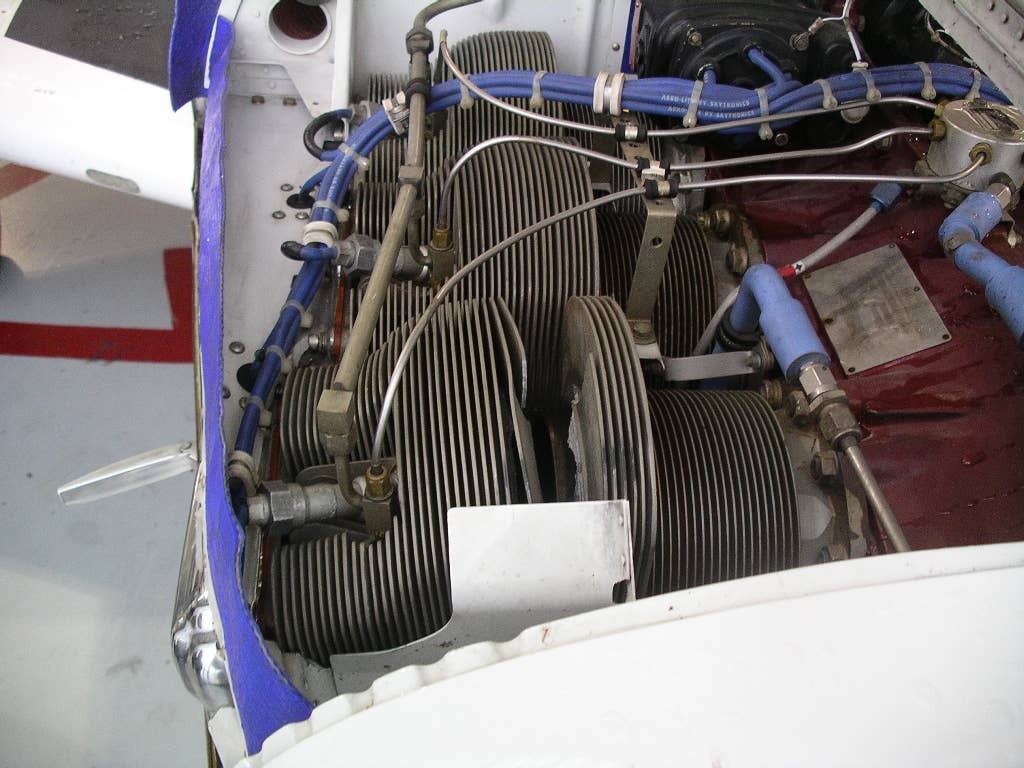FAA Pressing Forward With ECI Cylinder AD
The FAA has rejected widespread industry criticism and will go ahead with an Airworthiness Directive affecting the cylinders on 6,000 engines.

The FAA has rejected widespread industry criticism and appears to be going ahead with an Airworthiness Directive affecting the cylinders on 6,000 engines.In what appears to be a response to the overwhelmingly negative industry feedback it has received, the FAA has taken another look at options to buffer the $82.6 million cost of a proposed airworthiness directive (AD) covering Engine Components Inc. (ECi) and Airmotive Engineering Titan cylinders found on 6,000 Continental 520 and 550 model engines-and denied that the industry complaints were valid. The FAA released the proposed AD last summer-it calls for repetitive inspections, replacement of cracked cylinders, and replacement of cylinder assemblies at reduced times-in-service. The NPRM also proposed banning installation of affected cylinder assemblies into any engine. The FAA cited concerns about numerous reports of cylinder head-to-barrel separations and cracked and leaking aluminum cylinder heads on the affected assemblies. The agency acknowledged the potential impact when it released the proposed AD, but said after a risk assessment, We concluded that proceeding with this proposed AD to correct the unsafe condition was appropriate.
The proposal has drawn strong objections from industry leaders and hundreds of commenters who believe the requirements lack safety justification given the costs involved and go beyond the scope of recommendations of the National Transportation Safety Board. Industry estimates were that the costs could be at least $12,000 for a single-engine operator and twice that for the twin-pistons. Comments in opposition to the proposal have come from a wide variety of aviation owner, user and maintenance organizations and have been critical of everything from the unreality of the reporting requirements of the AD to a lack of statistical rigor in analysis of the data on cylinder failures and the true cost of compliance. The comment of aircraft owner Robert Brooks is consistent with the tenor of user input on the proposal: "Given the low rate of failure of 30 cylinders in 30,000-plus currently in service, this does not in any way represent an unacceptable failure rate."
The FAA recently conducted an analysis under the Regulatory Flexibility Act (RFA) to determine how many small businesses would be affected by the AD and at what cost. While the proposed AD would cover thousands of operators, the RFA calls only for a study of affected small businesses. The FAA determined that the AD would affect 609 Part 135 operators classified as small businesses. The costs to these operators could range between $22,000-$21 million. In addition, the FAA estimates that more than 5,000 smaller air services businesses would be covered by the AD, estimating the costs of the basic requirements at $14,000. FAA said it could not determine the value of the affected assets of these businesses to estimate a total cost.






